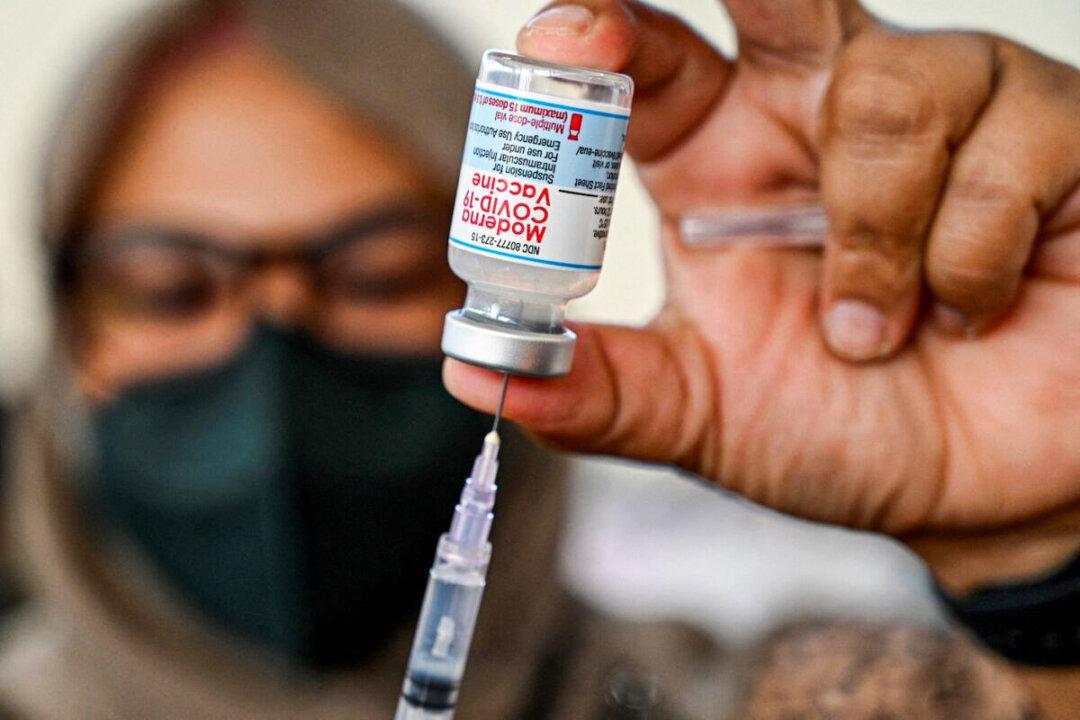Moderna CEO Stéphane Bancel said in an interview published on Tuesday that he predicts current COVID-19 vaccines will be far less effective against the Omicron variant due to the high number of mutations on the spike protein.
“There is no world, I think, where [the effectiveness] is the same level ... we had with Delta,” Bancel told the Financial Times. “I think it’s going to be a material drop. I just don’t know how much because we need to wait for the data. But all the scientists I’ve talked to ... are like ’this is not going to be good.'”





